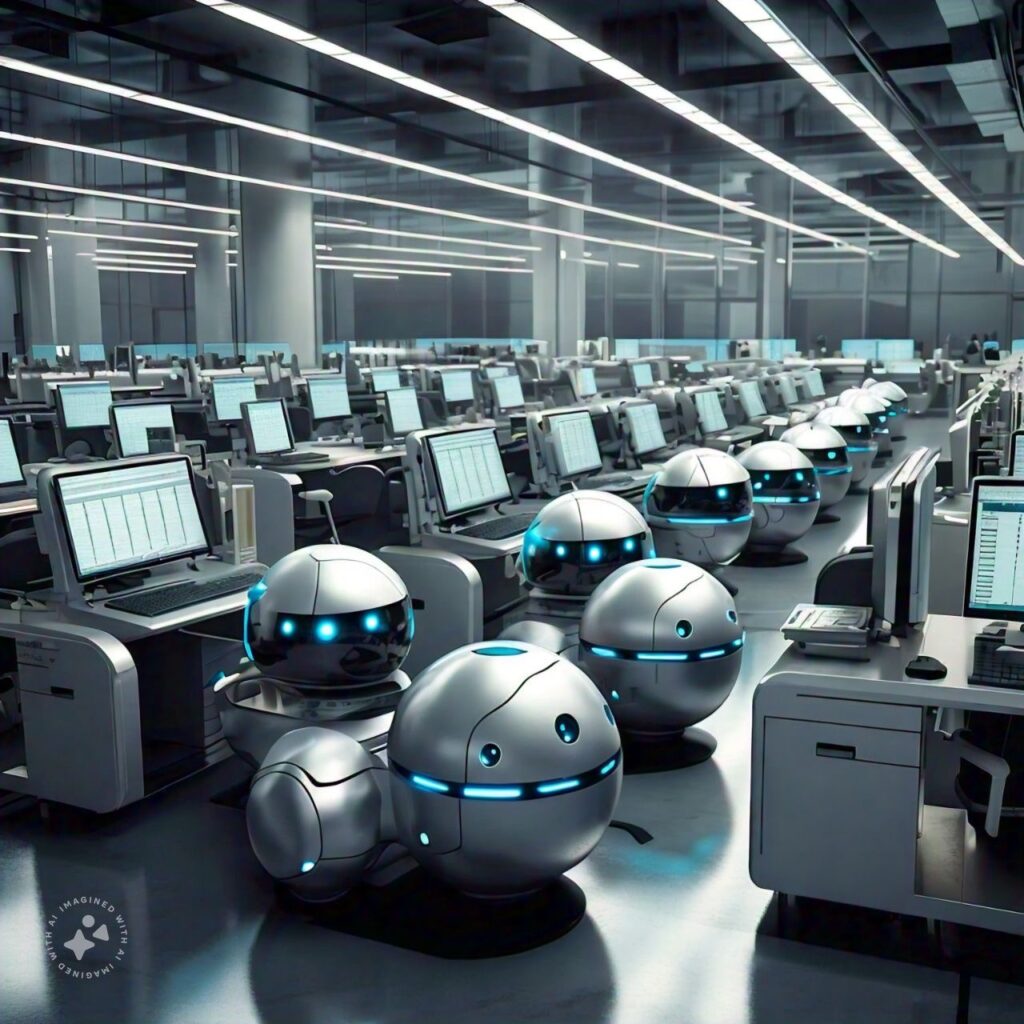Future of Data Entry Services
The Future of Data Entry Services: Trends, Innovations, and What to Expect
Data entry services have long been a backbone of business operations across industries. As the digital age progresses, the future of data entry services is evolving, driven by rapid advancements in technology, automation, and global economic shifts. With businesses increasingly relying on data-driven decision-making, the demand for accurate, efficient, and secure data entry remains high. But what does the future hold for this essential function? Let’s explore the key trends and innovations shaping the future of data entry services.
1. Automation and AI: Transforming the Landscape
Automation and artificial intelligence (AI) are significantly impacting the data entry industry. Traditionally a labor-intensive task, data entry is now being streamlined by machine learning algorithms that can process large volumes of data quickly and accurately.
Optical Character Recognition (OCR): OCR technology, combined with AI, is enabling machines to read and convert images of typed, handwritten, or printed text into machine-encoded text. This reduces human intervention and speeds up the data entry process.
Natural Language Processing (NLP): With advances in NLP, systems can now interpret and input unstructured data, such as emails and documents, into structured formats. This capability drastically reduces the time and effort required to manually input data from various sources.
As automation tools become more accessible, businesses will rely more on AI-driven solutions for their data entry needs, minimizing human error and maximizing efficiency.
2. Cloud-Based Solutions: Enhancing Collaboration and Accessibility
The shift to cloud computing is another major trend reshaping data entry services. Cloud-based data entry platforms allow businesses to store, access, and manage their data from anywhere in the world, promoting better collaboration among teams.
Real-time Access: Cloud solutions enable real-time data entry, ensuring that updates are instantly reflected across systems. This is particularly important for industries that require up-to-the-minute data accuracy, such as finance, healthcare, and logistics.
Scalability: Cloud platforms offer the flexibility to scale data entry operations based on business needs. Whether a company needs to increase data processing during peak seasons or reduce it during slower periods, cloud-based solutions provide a cost-effective and adaptable infrastructure.
3. The Role of Data Security and Privacy
As the volume of sensitive data being handled by businesses continues to grow, the importance of data security and privacy cannot be overstated. Future data entry services must prioritize secure systems that protect against data breaches, hacking, and unauthorized access.
Data Encryption: Encrypting data during both storage and transmission will become standard practice for data entry services. This ensures that even if data is intercepted, it cannot be deciphered by malicious actors.
Compliance with Regulations: Compliance with regulations such as GDPR, HIPAA, and CCPA is critical for data entry providers handling personal and sensitive information. Companies will need to invest in systems that ensure compliance, which will further drive the need for secure data entry solutions.
4. Remote and Outsourced Data Entry: The Rise of the Gig Economy
The future of data entry will likely see an increase in remote and outsourced services, particularly as businesses look to cut costs and remain agile in a competitive landscape. The rise of the gig economy, powered by platforms that connect freelancers with companies, will play a key role in this shift.
Global Talent Pool: Outsourcing data entry to remote workers allows businesses to tap into a global talent pool, often at a lower cost. Countries with strong outsourcing infrastructures, such as India and the Philippines, will continue to be popular destinations for outsourced data entry services.
Freelancer Platforms: Platforms like Upwork, Freelancer, and Fiverr are increasingly being used to hire data entry professionals on a short-term or project basis. This trend is expected to grow as businesses seek more flexible staffing solutions.
5. Data Entry Specialization: Industry-Specific Solutions
As data becomes more specialized, so will data entry services. Different industries have unique data requirements, and future data entry providers will need to offer tailored solutions to meet these needs.
Healthcare: The healthcare industry deals with complex, regulated data, such as patient records and insurance information. Data entry services will need to specialize in handling this type of data, ensuring compliance with healthcare regulations like HIPAA.
E-commerce: In the e-commerce sector, data entry plays a critical role in managing product information, customer details, and transaction records. Future data entry services will offer industry-specific solutions that integrate with e-commerce platforms, streamlining operations for online retailers.
6. AI-Human Collaboration: Augmenting Human Efficiency
While AI will undoubtedly take over many repetitive tasks, the future of data entry will not be entirely devoid of human involvement. Instead, we will see more AI-human collaboration, where machines handle routine tasks, and humans focus on higher-level data management activities.
Quality Assurance: Humans will play a key role in quality assurance, reviewing the data processed by AI systems to ensure accuracy and compliance with specific guidelines.
Complex Data Processing: For more complex data entry tasks that require subjective judgment or deep contextual understanding, human expertise will still be necessary. AI tools will assist but not replace humans in these cases.
7. Future Job Opportunities and Skills
As data entry evolves, the skill sets required for professionals in this field will also change. Workers will need to adapt by learning new technologies and developing skills that complement automation.
Tech-Savvy Professionals: Data entry professionals will increasingly need to be proficient in using AI tools, cloud platforms, and data management software. Familiarity with data security protocols will also be a valuable asset.
Specialized Training: Industry-specific training will become more important for data entry professionals, especially for those working in fields like healthcare, finance, and legal services where data handling is subject to strict regulations.
Conclusion
The future of data entry services is bright, with exciting developments on the horizon. Automation, AI, and cloud computing are transforming the industry, making data entry faster, more accurate, and more secure. As businesses continue to harness the power of data, data entry services will remain a critical component of operational success, albeit with a stronger focus on technology, security, and specialization. By embracing these trends and innovations, companies can stay ahead in a data-driven world.

We are also on Facebook
Go back to home page: www.mistyinfotech.com
If you want to Direct Data Entry Projects with Company with Us Please go here: Direct Data Entry Projects with Company







